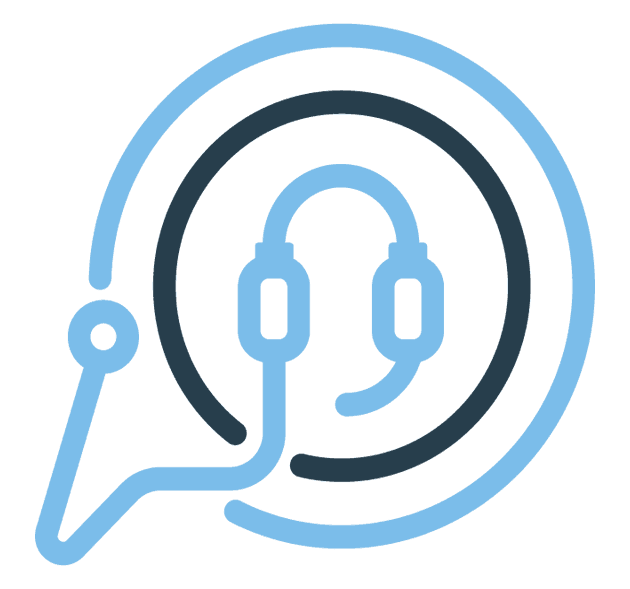If we go back 10 to 15 years to look at the old reimbursement model, it was largely dependent upon governmental payers. Medicare, Medicaid, the private insurers Blue Cross, Aetna, Cigna, and United provided the majority of reimbursement to medical offices. That’s not to say that patients were completely left out of the picture; they still had to pay their copay or a small deductible, but the majority of reimbursement came from the payers themselves.
From the perspective of the healthcare provider, that represented a relatively steady stream of income, and that transaction used to be more business-to-business. Medical offices were able to balance the books and forecast budgeting more easily than they are today.
Impact of Value-Based Healthcare Reimbursement on Medical Offices
Over the past three to 5 years, the healthcare reimbursement model has been shifting. More and more has been transferred onto the shoulders of our patients. This change has been expedited by the focus of government insurers and some private insurers to transition 75% of reimbursement over to a value-based care model. As a result, today’s medical office staff spends a good amount of time chasing down bills and leveraging inefficient practices to secure payments. But with a value-based system, where the value is based on the patient’s overall experience, providers won’t get paid for that time.
At the same time, employers in the private insurance market are trying to cut costs around their benefit expenditure. We see this in the fact that only 4% were enrolled in a health plan categorized as ‘high-deductible’ in 2004, and in 2014, that number jumped to 20% with a deductible greater than $1000 for an individual or $2000 for family coverage. Fast forward to 2020, and economists say that 51% of the U.S. workforce is enrolled in high-deductible plans. This means that increasingly higher amounts of healthcare are tied to a high deductible.
For medical practices this creates a new challenge where they are required to collect a deductible greater than $1,000, in addition to the co-pay, from the majority of patients. In fact, collecting patient due balances has become one of the top 10 pain points for 96% of physicians, according to the Centers for Medicare and Medicaid Services.
What are the Best Practices for Collecting Patient Payments?
Your patients’ well-being should always remain an important part of your practice, but your healthcare practice is also a business. That’s why every medical office needs to reevaluate its strategies for collecting patient payments and do this sooner rather than later.
- Build a Business-Minded Environment: Profitability for a healthcare practice is everyone’s issue, not just the provider’s or office manager’s. The front desk staff, back-office staff, nurses, medical providers, and everyone in between needs to be onboard with the goals of the practice and understand these trends. This is because everyone is going to play a part in this process moving forward.
- Educate Office Staff on How to Discuss Payment: There can be a lot of emotions that come up at the checkout desk–ranging from relief to anxiety—and these emotions are tied to the experience that he or she just had with the healthcare provider. So, it’s important that admin staff approach patients with courtesy and professionalism. They should express understanding for the patient’s financial situation and also be informed enough to explain charges and discuss payment plan options.
- Communicate in Advance with Patients: In terms of health care literacy, the average patient doesn’t know what is a deductible or what the difference is between copay and coinsurance. That’s why communicating to patients about visits up front gives the patient the chance to answer some of their questions, call their insurance company, and understand why certain things are covered or not. Using tools like email, text messages, and reminder phone calls about what the visit is expected to look like from a financial perspective can go a long way towards disarming patients before ultimately asked to pay the bill.
- Collect Payments while the Patient Is on Site – Collecting copays up front is extremely important in the overall your patient financial process, rather than waiting for the bill to go to collections. There are now some handy patient estimation tools that can provide an idea of their actual out-of-pocket costs and help authorize payments up-front.
- Accept Multiple Forms of Payment – Arming your admin staff with as many tools as possible to capture patient payments is fundamental to financial success. The average U.S. consumer uses at least three different methods to pay monthly bills so payment processing should be available in-person and online.
Why Is Patient Satisfaction Important to Your Bottom Line?
As we move towards value-based care, the billing process will be evaluated as part of the patient’s overall experience with the medical practice. The billing process occupies the last 5-10% of the care continuum. So, an individual patient may be generally happy with the care received, with a positive check-in, great exam, accurate diagnosis. However, if the billing process on the back end becomes burdensome and the last touch point with your practice is negative, it can affect the value associated with that service.
What are the Best HIPAA-Compliant Payment Processing Tools?
For secure payment processing that is also compliant with HIPAA Privacy and Security standards, financial experts in healthcare recommend:
- Square
- Payment Cloud
- Dharma Merchant Services
- Stax
What are the Best HIPAA-Compliant Medical Billing Platforms?
Health practitioners have a lot of software and cloud-based options these days for billing management that keeps PHI secure. These include:
- SimplePractice
- NextGen Healthcare
- AthenaOne
- RXNT
- Jane
Related article: 9 Cloud-Based Tools to Optimize Healthcare Activities.
Virtual Front Desk & On-Call Health Care Answering Services
PatientCalls supports your administration staff with phone call triage, patient reminders, pre-appointment communications, and follow-ups. We can work with your practices billing process with our exclusive use HIPAA-compliant healthcare encrypted messaging software, e-mail transmission, data processing and storage technology.







